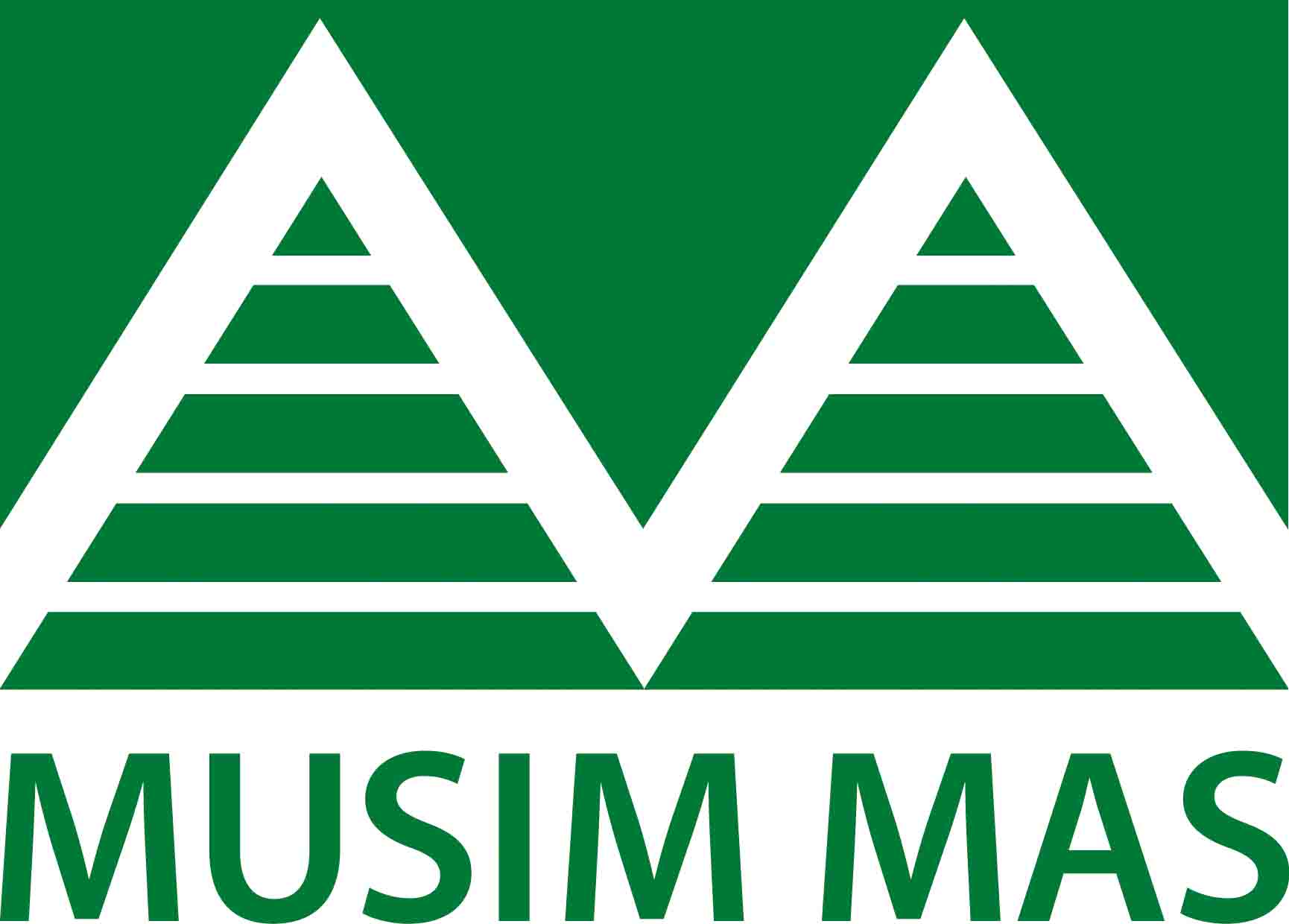Sustainable Palm Oil, a Perspective From an Independent Smallholder Farmer
Independent smallholder farmers manage over 40% or 4.2 million hectares of oil palm plantations in Indonesia. Roughly, this represents an area similar to size to that of Denmark, but the plantations are more geographically dispersed around the Indonesian archipelago. Indonesia is also the biggest producer of the commodity which is used in a wide array of industries from food to personal care, household products, and even construction.
Despite their huge foothold, smallholders’ productivity rates are as much as 45% below company production levels. As they are not tied to any company, it can be difficult for smallholders to secure loans and are vulnerable to palm oil price shocks or economic stresses.
In addition, independent smallholders can be distant from supply chain pressures for sustainable regulations or certification schemes – which they can also opt to forego as they can choose which company to sell their crops to. Concurrently, smallholders are also community members who could be struggling with poverty, and sustainability might not be their top priority.
To help independent smallholders gain more efficient and sustainable farming standards, Musim Mas together with the International Finance Corporation (IFC) launched in an independent smallholder program in 2015. Over 33,000 smallholders have been engaged, some of whom have gained certification by the Roundtable on Sustainable Palm Oil.
In 2020, the company took it further by setting up Smallholder Hubs with district governments and NGOs, on a train-the-trainer approach to reach an even larger number of smallholders
One such smallholder farmer is Sukiran. Musim’ Mas smallholder program provided him the agronomic, legal and business training that helped raised his farm’s yields while reduce environmental damage. He ultimately gained RSPO certification, giving him access to a broader market. Find out about Sukiran’s journey in the video above.

